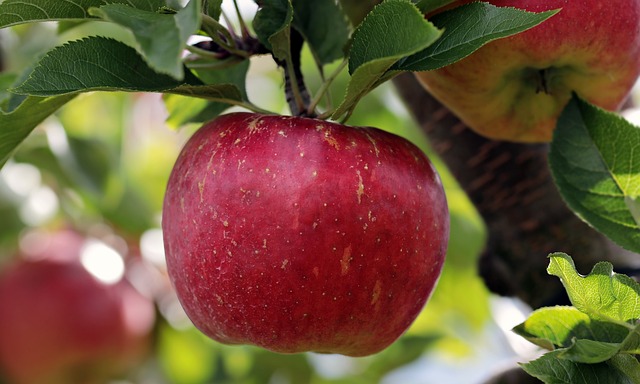Nature’s Best-Kept Secret: Exploring the World of Probiotic-rich Foods
Probiotics, often referred to as “good bacteria,” are live microorganisms that provide numerous health benefits when consumed in adequate amounts. These beneficial bacteria promote a healthy balance of gut flora and have been linked to various positive effects on digestion, immunity, and overall well-being.
What are Probiotic-rich Foods?
Probiotic-rich foods are those that naturally contain live beneficial bacteria. They are produced through fermentation and have been consumed for centuries in different cultures around the world.
Some common examples of probiotic-rich foods include:
- Yogurt: A classic source of probiotics, yogurt is made by fermenting milk with specific strains of bacteria. Opt for plain, unsweetened varieties for maximum health benefits.
- Kefir: A fermented milk drink, kefir is an excellent source of multiple strains of beneficial bacteria and yeasts.
- Sauerkraut: This traditional fermented cabbage is rich in Lactobacilli, a type of probiotic bacteria. Choose the unpasteurized version for optimal probiotic content.
- Kombucha: A tangy, fizzy fermented tea, kombucha contains a wide variety of probiotics and is available in many flavors.
- Kimchi: A spicy Korean side dish made from fermented vegetables, kimchi is not only packed with probiotics but also provides vitamins and fiber.
Health Benefits of Probiotic-rich Foods
Consuming probiotic-rich foods can have numerous positive effects on our health. Let’s explore some of these benefits:
Improved Digestion
Probiotics help maintain a healthy gut microbiome, which plays a crucial role in digestion. They support the breakdown of complex carbohydrates, proteins, and fats, enhancing nutrient absorption and reducing digestive issues such as bloating, constipation, and diarrhea.
Enhanced Immunity
Did you know that about 70% of our immune system resides in the gut? Probiotics stimulate the production of immune cells and help strengthen the gut barrier, making it more resistant to harmful pathogens. Regular consumption of probiotic-rich foods can reduce the risk of infections and allergies.
Mood Regulation
The gut and brain are intimately connected through the gut-brain axis. Probiotics can influence neurotransmitter production and reduce inflammation in the brain, potentially improving mental health conditions such as anxiety and depression.
Weight Management
Emerging evidence suggests a link between gut bacteria and body weight. Probiotics may help regulate metabolism, reduce inflammation, and promote feelings of fullness, supporting weight management efforts.
Support for Skin Health
A balanced gut microbiome is essential for healthy skin. Probiotics can help alleviate skin conditions such as acne, eczema, and rosacea by modulating inflammation and supporting the skin’s natural protective barrier.
How to Incorporate Probiotic-rich Foods into Your Diet
Adding probiotic-rich foods to your diet is simple and enjoyable. Here are some tips to help you get started:
- Start with small servings: Introduce probiotic-rich foods gradually to allow your body to adjust to the increased beneficial bacteria.
- Choose quality products: Look for organic, unpasteurized options that contain live cultures to ensure maximum probiotic content.
- Be mindful of storage: Some probiotic-rich foods, like sauerkraut, should be refrigerated to preserve their beneficial bacteria.
- Experiment with recipes: Get creative in the kitchen and







